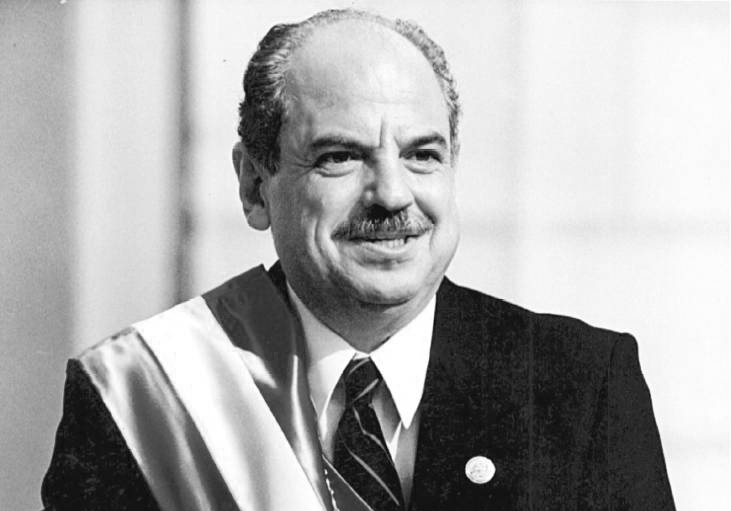On the 25 May 1993, the President of Guatemala, Jorge Serrano Elias adopted exceptional measures which have constituted a break with the established Constitutional order.
These measures include: the dissolution of the National Congress, of the Supreme Court of Justice and of the Constitutional Court, the suspension of constitutional rights, the dismissal of the Attorney General and of the Parliament-appointed Ombudsman. The President stated that he was to call for a National Constituent Assembly to amend the Constitution.
The International Commission of Jurists (ICJ) strongly protests against this Coup d’Etat in Central America, which occurs after those in Haiti (30-09-91) and in Peru (05-04-92). Mr. Adama Dieng, Secretary General of the ICJ, stated that the events in Guatemala constitute “an aggression against the fundamental principle of the Rule of Law and are an affront to democracy.”
The Coup jeopardizes the peace negotiations process that was painstakingly developing since March 1990 between the Government of Guatemala and the insurgent guerilla forces (UNRG). These negotiations were already encountering difficulties with regards to issues such as Human Rights and United Nations verification processes. They were established in order to put an end to the civil war that has rocked Guatemala for the past 30 years, claimed the lives of an estimated 100.000 people, and caused suffering to an entire nation.
The ICJ, therefore, calls for the United Nations and the Organization of American States (OAS) to take urgent and immediate steps with regard to this situation. And to intervene before the Guatemalan authorities to ensure that the country returns to a normal Constitutional system and satisfactorily concludes the peace negotiations process.





